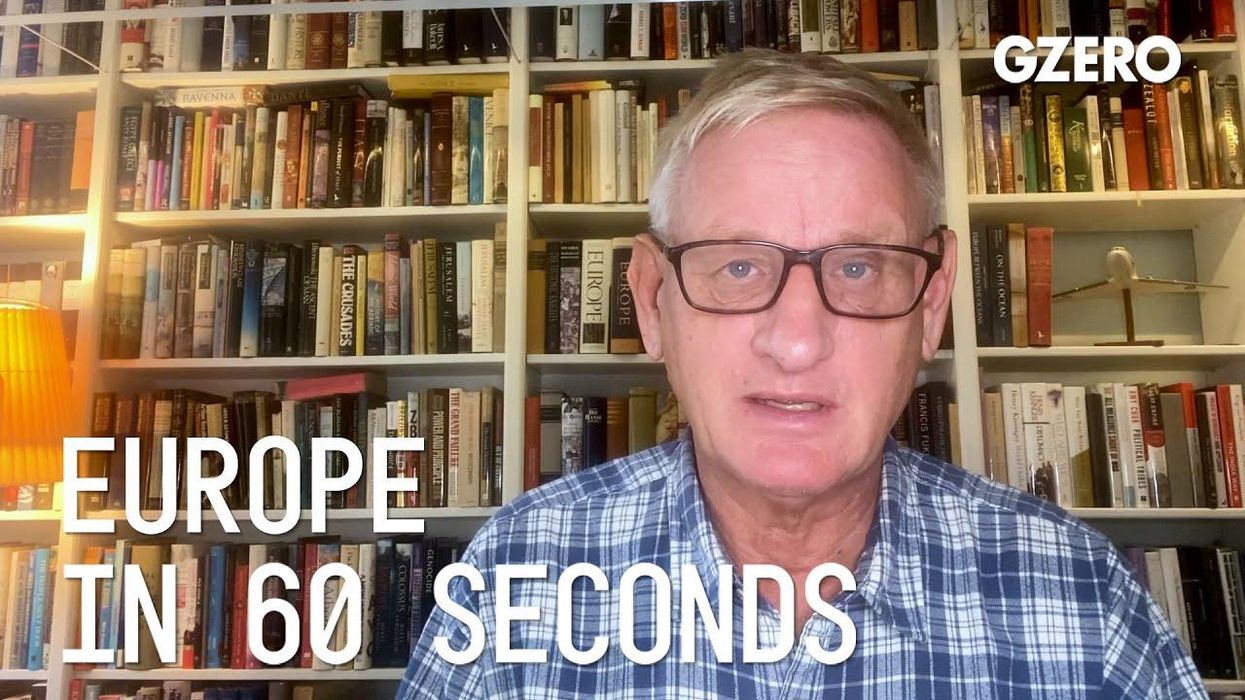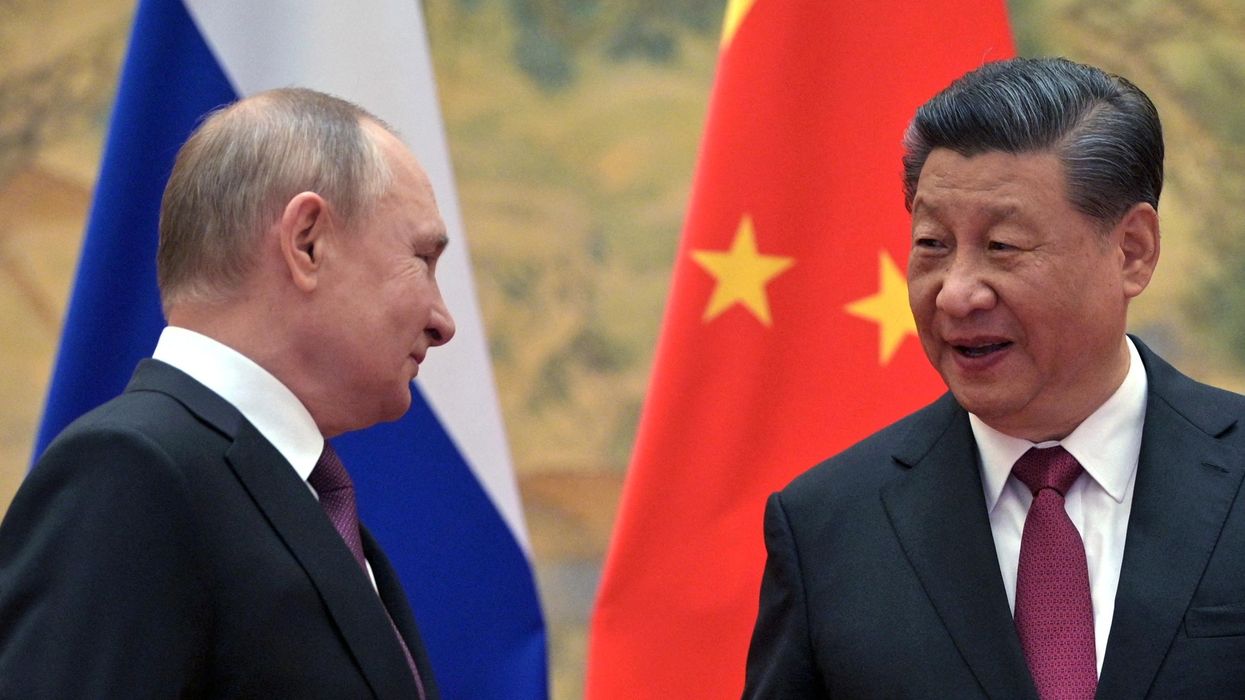GZERO Europe
Europe supports Ukraine despite energy crisis: EU’s von der Leyen
What were the main points of the commission President Ursula von der Leyen's State of Europe speech? What's going to happen in Sweden after the recent election? Carl Bildt, former prime minister of Sweden, shares his perspective on European politics.
Sep 18, 2022


